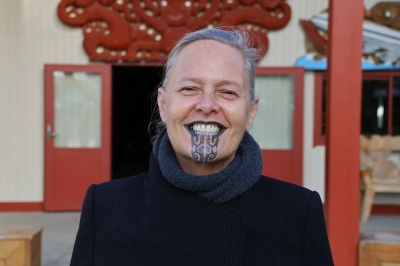Translating lived experience led research
Published:
July 31, 2024

Most research are not readily accessible for people living with mental health challenges and problematic substance use. This includes lived experience led research, which is often difficult to find and access. Lived experience led research that focuses on identifying the factors relevant to daily life from a lived experience perspective has the potential to assist people to cope with their mental health challenges. Most lived experience led research are directed at improving the understanding of health professionals or policy makers rather than for direct and practical use by people with lived experience in their daily lives.
There is an equity issue in terms of who gets access to research findings – and this applies to policy work as well. Groups including those who are hospitalised, homeless, incarcerated, in long-term institutional settings, technologically challenged, or live in rural or remote areas, are particularly unlikely to know about or access lived experience research. Getting lived experience research out to these individuals is challenging. We must find creative ways of connecting our theory to the people we serve.
This article demonstrates a practical and creative approach to translating lived-experience research into co-created resources that are accessible and meaningful for people with lived experience. This article recognises the need to use knowledge from marketing, knowledge translation, public health, and human-centred design to devise innovative and effective strategies to get lived-experience research into people’s hands—to increase their experiential literacy.
In this study, researchers implemented design thinking to translate findings from various lived experience led research studies into products and formats accessible to people with lived experience in community and inpatient settings. For example, research based on a focus group study about physical healthcare was translated into a card deck, and a study about concepts of recovery was translated into a podcast.
It is valuable to learn from practices outside of health, such as co-creation and design thinking; and to be creative, when we think about how to make our work accessible to people. We need to ensure our work translates to impact or change for the people we ultimately serve, not just those in our direct circles of work, whether clinical, research, or policy.


